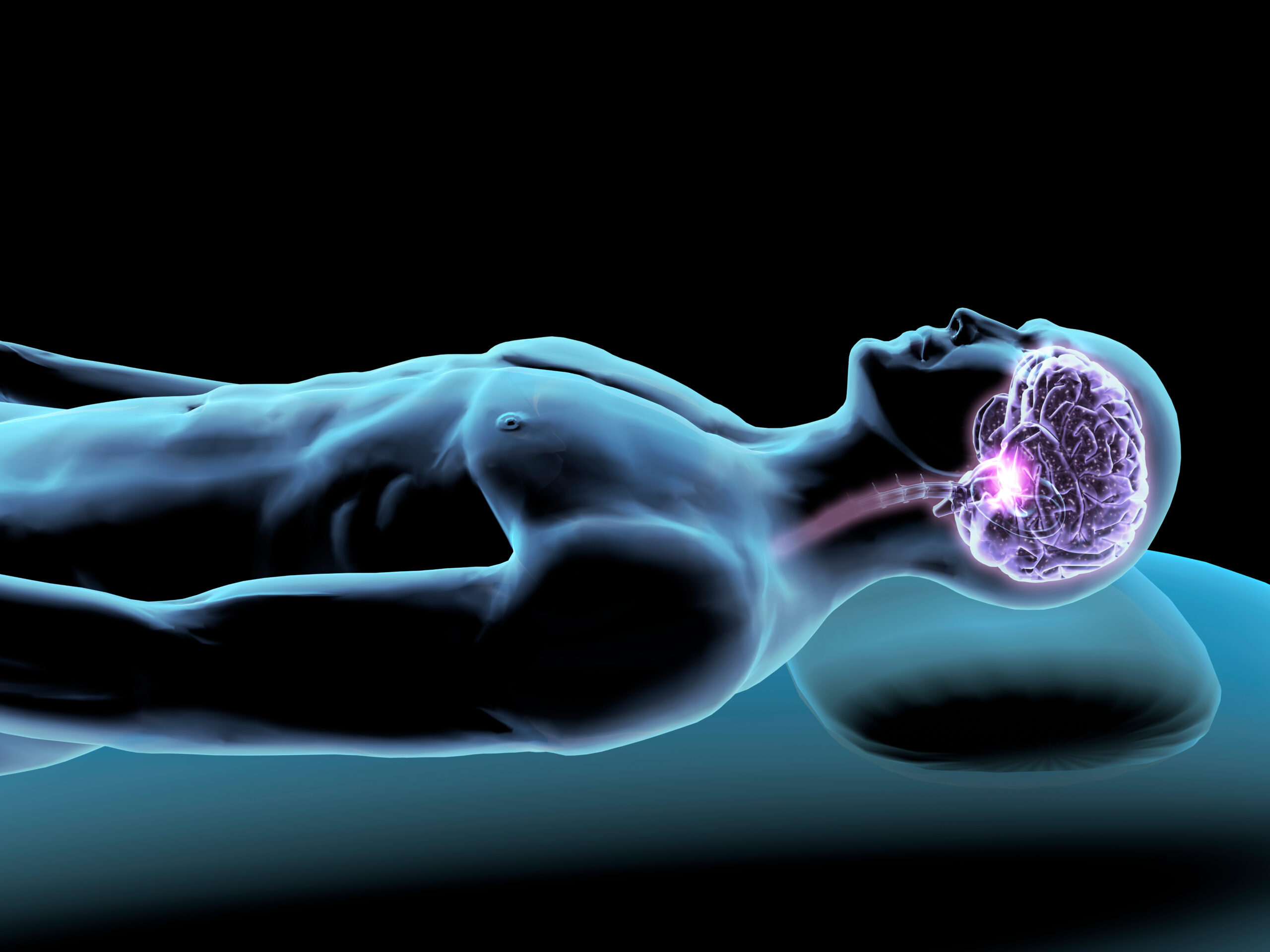We spend about one-third of our life sleeping. Without sleep, we can’t recover and rejuvenate, we can’t form or maintain the brain’s pathways that let us learn and create new memories, and it’s harder to concentrate and respond quickly. In fact, our brain and body stay remarkably active while we sleep. Recent findings suggest that sleep plays a housekeeping role that removes toxins in our brain that build up while we are awake.
Quality sleep – and getting enough of it at the right times — is as essential to survival as food and water. However, sleeping badly and insufficiently is very common and often even perceived as kind of normal. Some people perceive it as standard to wake up at 3 am with a pumping heart and elevated blood sugar or blood pressure, but those symptoms are signs that the body is out of order.
Consequences of sleep deprivation and low quality of sleep:
-increased appetite
-weight gain
-compromised cognitive performance
-compromised physical performance
-unstable mental state, irritability, decision fatigue, depression
-premature aging
-hormonal imbalance
-and more
To improve sleep quality, one should develop his own sleep hygiene that is easy to follow and integrate into his lifestyle.
Sleep hygiene recommendation steps:
– Don’t eat two to three hours before bed. Doing this will ensure you go to bed with a calm stomach and allow your hormones to do their job.
– Eat light dinner, but enough as well, as eating too little could also cause sleep disturbance.
– Don’t drink any kind of liquids one to two hours before bed as you want to avoid waking up in the middle of the night with an urge for the bathroom.
– Minimize alcohol consumption, or better yet, avoid it all. For example, alcohol decreases REM sleep early in the night, but as the alcohol wears off, there is a REM sleep rebound, with prolonged REM stages. Simply said, alcohol is bad news for your sleep architecture.
– Avoid blue light two to three hours before bed. Considering our technology obsession, I suggest using blue light blocker glasses to mimic the effect of reduced light exposure before bed. Exposure to light before bedtime suppresses melatonin onset and shortens melatonin duration. In short, the quality of your sleep is tightly connected with light.
– Make sure you sleep in a completely dark room, as any light while sleeping will raise your cortisol.
– Exercise regularly and avoid a sedentary lifestyle. Our body operates at its best while in a constant flow of movement.
– Avoid negative thoughts and discussions before bad. For example, watching the news before bed often leads to anxiety, which would translate into lousy sleep.
– Try to go to bed at similar times. Our body loves routine.
– Don’t oversleep. Too much of anything is too much.
